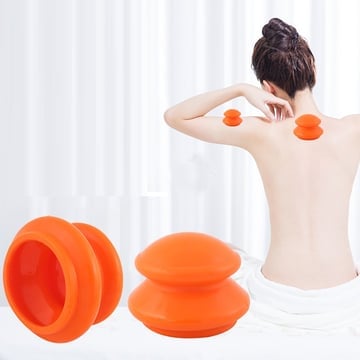Medical devices are an important aspect of modern healthcare. They can be used for diagnosis, treatment, and monitoring of various illnesses and conditions. One of the key components found in many of these devices is silicone. Silicones are used for a variety of reasons and can be found in many different medical devices.
What Are Silicones?
Silicones are a class of synthetic polymers that are made by reacting silicon with oxygen, carbon, and hydrogen. This reaction results in a material that has many useful properties including flexibility, durability, and resistance to extreme temperatures. There are many different types of silicones available, each with their own unique properties and benefits.
What Makes Silicones Useful in Medical Devices?
Silicones are used in medical devices for a variety of reasons. One of the main benefits of silicone is its biocompatibility. This means that it is well tolerated by the body and does not cause an immune reaction. Silicones are also stable and resistant to chemical and biological degradation, making them an ideal choice for devices that need to withstand exposure to bodily fluids and other substances.
What Kinds of Medical Devices Use Silicones?
Silicones can be found in many different medical devices, including implants, catheters, and wound dressings. They are also commonly used in devices that require a high degree of precision and accuracy, such as pacemaker leads and insulin pumps.
What Types of Silicones are Used in Medical Devices?
There are many different types of silicones that are used in medical devices, each with their own unique properties and benefits. Some of the most common types of medical-grade silicones include liquid silicone rubber, high-consistency rubber, and room-temperature vulcanizing silicone. Each of these types of silicones has its own set of benefits and is used in different applications.
What Are Some Advantages of Using Silicones in Medical Devices?
There are many advantages to using silicones in medical devices. One of the main advantages is their biocompatibility, which means that they are less likely to cause an immune reaction or other adverse effects in the body. Silicones are also incredibly versatile and can be precisely tailored to meet the requirements of specific devices. Silicones are also highly durable and resistant to chemical and biological degradation, which is essential for devices that come into contact with bodily fluids and other substances. Additionally, they can be easily molded into complex shapes, allowing for the creation of intricate medical devices.
What Are Some Potential Disadvantages of Using Silicones in Medical Devices?
While silicones have many benefits, there are also some potential disadvantages to using them in medical devices. One of the main concerns is the possible leaching of chemicals from the silicone into the body. This can lead to a variety of adverse effects and is an area of ongoing research in the medical community.
How Are Silicones Regulated in Medical Devices?
Medical-grade silicones are regulated by the United States Food and Drug Administration (FDA) and must meet certain standards of safety and efficacy. This includes testing for biocompatibility, chemical and biological stability, and mechanical properties. In addition, manufacturers must provide detailed information about the composition and use of the silicone in the device so that healthcare providers and patients can make informed decisions.
What Are Some Examples of Medical Devices that Use Silicones?
There are many different medical devices that use silicones, including:
- Implants, such as breast implants and joint replacements
- Catheters, such as urinary catheters and central venous catheters
- Wound dressings, such as silicone-based foam dressings
- Pacemaker leads and implantable defibrillators
- Insulin pumps and infusion sets
Conclusion
Silicones are an important component of many medical devices, providing benefits such as biocompatibility, durability, and chemical and biological stability. While there are some potential concerns regarding their safety, medical-grade silicones are regulated by the FDA and must meet certain standards of safety and efficacy. With continued research and development, silicones will likely continue to play an important role in the development of new and innovative medical devices.

